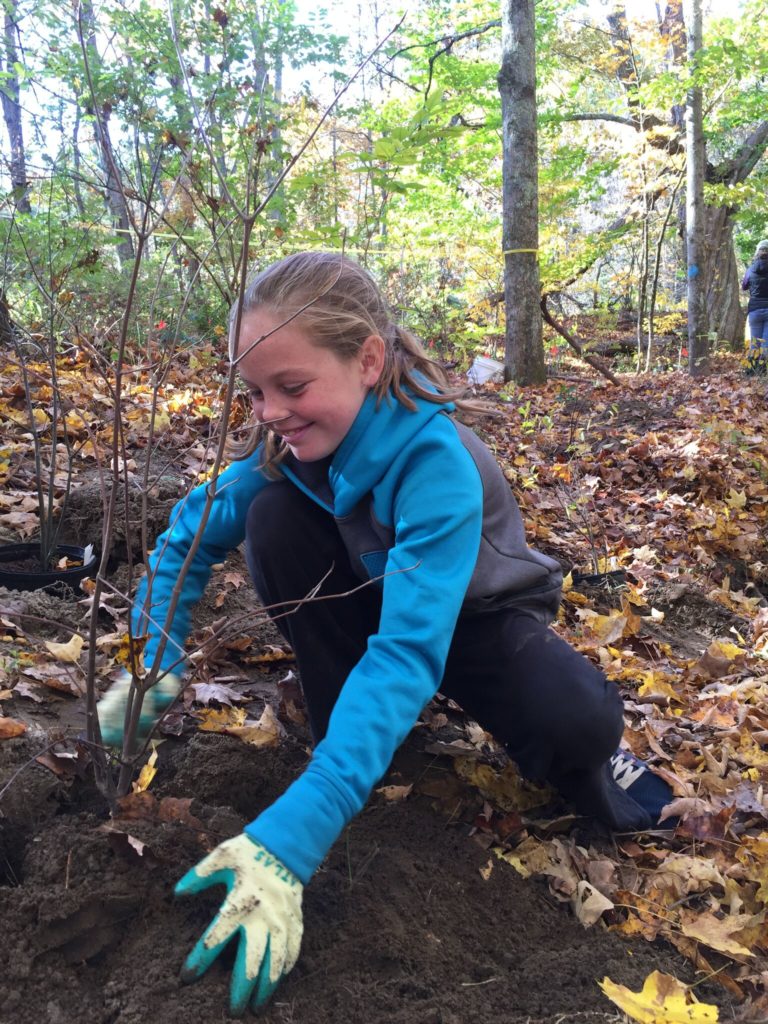
What makes a successful and meaningful field education experience for youth? TU youth education events:
-
- focus on the fish and the water,
- are hands‐on and interesting for the participants, and
- are either outside or focus on being outside
When kids come to your chapter events, do they know what they are learning and why they are learning it? Having kids understand the whys of their learning is important to making a lasting impression and to helping kids think carefully about their local water resources.
To ensure that we give kids the opportunity to deepen their understanding of their home waters, each education experience should have four parts:
BEFORE: Preview the Activity and Ask the Big Question
Either during a classroom visit before the field day, or at the very start of the field day, give the kids an overview of what they are going to be doing and learning. Learners who know what they are going to be learning are better prepared to absorb whatever comes their way.
DURING: Be Hands‐on and Thoughtful
While giving the kids lots of opportunities to participate in hands‐on ways, we should also give them the opportunity to ask us questions. And we should ask them questions, too, such as repeating the big question or asking other “why” and “how” questions. The kids might not know exactly “why” or “how” something is, but having them think about it, even if their reasoning is wrong, is a useful learning experience for them to think about how or why something might be.
FREE TIME: Let Them Pursue Their Own Adventures
As hard as it may seem, and as opposed as some adults may be to the idea, kids need free time, especially in natural areas. Once kids know their boundaries and the safety rules for the area, we should give them some time to roam free. Kids learn so much more when they have the chance to explore the rock, pool, or tree that is calling to them.
AFTER: Review the Activity and Discuss the Big Question
As things are wrapping up, it can be tempting to let the kids rejoin their families and end without any fanfare. But having a final activity, gathering, or discussion is really valuable for learners. It gives us the opportunity to revisit the big question, and it allows the kids to share their ideas of the answers they found.
Does your chapter already take this approach to its youth events? If so, what do you do? Is there anything missing from this list? What do you think are the most successful ways to make sure our field education experiences are successful and meaningful?
–The Headwaters Youth Program Staff


